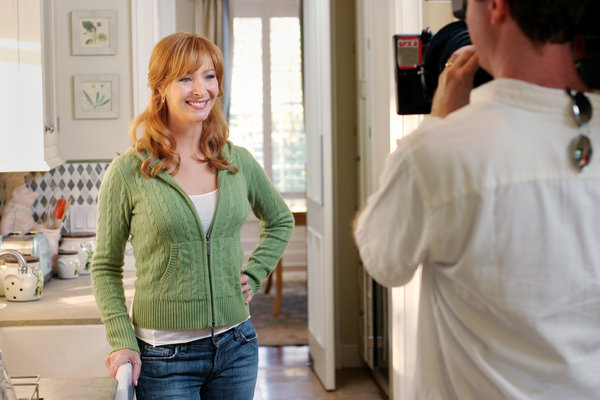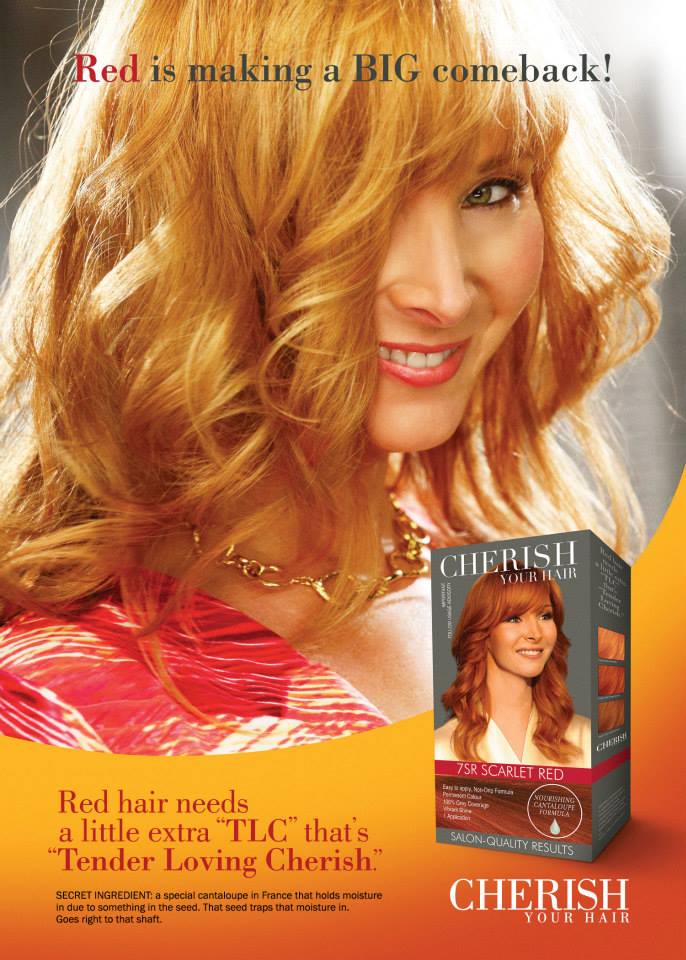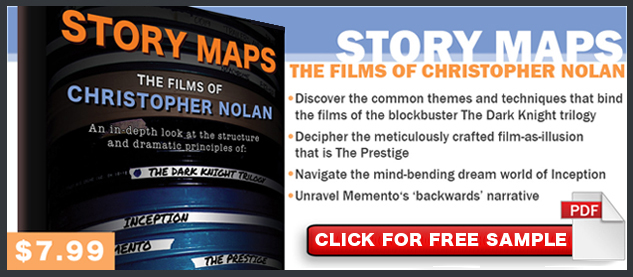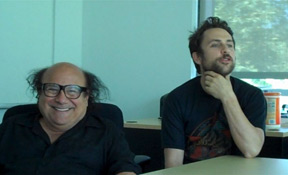Interview with Michael Patrick King on the return of “The Comeback” on HBO
CREATOR AND EXECUTIVE PRODUCER MICHAEL PATRICK KING (“Sex And The City”) DISCUSSES THE RETURN OF THE HBO COMEDY SERIES THE COMEBACK
“B level” TV star Valerie Cherish was a pioneer of reality television. Now, it’s ten years later – there’s more TV than ever and the onetime sitcom star wants back in.
Q: How did the revival of THE COMEBACK come about?
MICHAEL PATRICK KING: Lisa and I got a call from HBO wondering if we wanted to come in and talk about THE COMEBACK coming back. Curious, we went into the meeting and the powers that be said, “We miss Valerie. Is there any way we can get her back on HBO?” Lisa and I said that we had thought over the years about Valerie coming back and we wanted to think a little bit about what the story would be, because we wanted to make sure that we had a story to tell, even though we never stopped thinking about Valerie.
Q: In season one, Valerie was at times optimistic and plucky and others heartbreakingly vulnerable, but she evolved over the course of the show into a stronger person. How do you make this character an underdog that people want to root for?
MPK: First of all, having Lisa Kudrow play Valerie brings so many amazing colors to the character herself. Valerie is really funny, bright and optimistic, and Lisa’s ability to show what’s underneath the veneer is what makes Valerie work. Valerie’s goal is to not let you see what’s underneath, but Lisa’s ability to show us and then play on top of that makes you unable to look away, or even figure out what exactly she’s feeling at the time.
When Lisa and I sit down to write Valerie, we love Valerie. We like that Valerie is a complete survivor. We like that she has pride in what she does for a living. We like that she’s trying to have the best day possible. And that she’s trying to spin negative things into positive things.
Since we first did THE COMEBACK, social media has exploded and now everybody’s doing their own version of their lives as they want people to see them – they’re editing, cutting, pasting and showing their best face forward. Valerie was trying to do that in front of a camera nine years ago.
Q: How is Valerie Cherish the same, and how is she different?
MPK: I think she’s a very exciting character because even though she evolved a little bit in the first season, in the very last moment of the first season she forgot everything she learned. As soon as she was offered success on the Jay Leno show when the audience applauded her, she immediately went back to the heat-seeking missile that she is.
For the second coming of THE COMEBACK, we wanted to further explore what happens after somebody has a failure. Years later, they think they’ve evolved past that, but when they are put in a similar explosive situation you see how far they’ve really evolved. The eventual hope for us is to get Valerie to think less about the cameras and more about her life.
Q: What can we expect this time around?
MPK: People now know that Valerie is pretty strong. She is relentless in how much she wants something. We really tried to tell a new story and reach for a big arc in these episodes. There will be a lot of ups and downs and twists and turns. But no matter how dark it gets, you will be led out into the light. I have no interest in leaving everybody in the woods or a haunted house, but it is really fun to be in a haunted house some times.
Since we first did THE COMEBACK, social media has exploded and now everybody’s doing their own version of their lives as they want people to see them – they’re editing, cutting, pasting and showing their best face forward. Valerie was trying to do that in front of a camera nine years ago.
Q: When the series returns, ten years have passed. What challenges did you face in resurrecting Valerie Cherish?
MPK: We really didn’t have to resurrect Valerie. Valerie was ready, she was active and raring to go. We did take time creating a world that we could put her in this time, since we didn’t want to repeat the DNA of the original season, which was Valerie and the birth of reality television.
We tried to decide, what is the current television landscape? What would be the heroin for our heroine? What would drag her through another evolution? We decided that a big part on a show on a serious network like HBO would be the catnip that would make her struggle to be recognized as a star.
We’re also trying to reflect what’s happening in TV now, which is much littler hits, six-episode commitments to shows with big mega-movie stars, series events rather than a big smash sitcom world where everybody’s trying to get on “Friends” or “Murphy Brown.” Television now is much darker – it’s more of a dramedy than a comedy situation.
We wanted to also reflect in a “meta” way the idea of us returning to HBO and Valerie actually being on HBO. We wanted to reflect the reality of what we were experiencing by coming back to HBO and what that would mean, which is uncensored, darker, more sophisticated television. We wanted to put her on a show that was completely out of her element, rather than in a sitcom, which is the only thing she had success in doing.
Q. The show first launched during the advent of reality television and was ahead of its time. What originally inspired THE COMEBACK?
MPK: We were reflecting the reality of what was happening. We were seeing shows like “Survivor,” with people eating bugs, and scripted shows were starting to take a hit. We had no idea that it was going to turn into a nine-year reality TV fast-food fest, which is what it is now. It’s everywhere. But at that time, we were reflecting exactly what was happening right in the moment. And I guess the moment hadn’t been recorded yet, but the moment was happening. We were ahead of the times probably only because we were the only ones doing it right at the moment it was happening. Everybody knew it was happening.
We wanted to also reflect in a “meta” way the idea of us returning to HBO and Valerie actually being on HBO…to put her on a show that was completely out of her element, rather than in a sitcom, which is the only thing she had success in doing.
Q: How is the new incarnation of THE COMEBACK different from the original season?
MPK: Valerie says in the very first episode back, “Oh, I forgot, everything’s a camera.” Back when we did the first season, it was odd to be in a room with a camera. Now, every phone is a camera and people are constantly filming themselves.
Like the first one, the DNA of THE COMEBACK is Valerie in front of the camera. There is never a moment when Valerie is not in front of a camera; she never leaves a scene. It’s a unique show in that there’s never a moment where any other character talks about her. It’s all right in front of your eyes and more importantly, in front of hers.
Rather than having a reality crew following her this time, she’s being filmed for behind-the-scenes footage for “Seeing Red,” the fictional show she’s been cast in on HBO. So we still have the same tension, her and the camera, and the audience seeing things maybe she does or doesn’t want you to see.
Q: How did the original version of THE COMEBACK come about?
MPK: It was after I had finished “Sex and the City” and Lisa had just finished “Friends.” We’d known each other over the years, but only seen each other occasionally at events. Neither of us had any interest in doing another television series right then.
But we had lunch and Lisa started doing this character she had in her mind, which is an actress character who’s very self-serving, very Valerie. Lisa’s hilarious doing it. And then I thought, “Yes, but you can’t just do a show about an actress. What would be interesting about an actress right now? She would probably be looking for work, probably on reality shows.”
Within three hours we had gone from, “Of course we’re not going to do television,” to, “This would be interesting.” And we left that lunch knowing that we had the idea of something called THE COMEBACK. We had always wanted to work together and this was a big way to work together.
Q: What were your original goals? And were you surprised that the show developed such a strong cult following after the first season?
MPK: Our original goal was to do the best show we could do, to be truthful to what we were doing, which was a completely new thing. Over the years, we’ve been delighted by the fact that it just kept going. People have found it and liked it. So we’ve been delighted and surprised that it had a life past our first season – that was a great validation and a great treat for us. It’s a real honor to come back and it’s mostly because of the groundswell of support these last nine years.
[Source: HBO]
If you’d like to learn more about TV pilot structure, see my webinar, “THE TV PILOT BEAT SHEET: FROM ABC TO AMC TO HBO TO NETFLIX,” live on December 4, 2014 and available for download after.
Good Luck and Happy Writing,
Dan
Related: TV creators panel: Orange is the New Black, Bates Motel, etc.
Related: Noah Hawley, showrunner of Fargo
Related: Billy Bob Thornton interview, Fargo TV series
Related: TV Pilot Consultation and Story Maps Master Class
 “Dan has a no-nonsense approach to screenplay analysis that cuts through the bull and delivers the goods. A must read for serious screenwriters.”
“Dan has a no-nonsense approach to screenplay analysis that cuts through the bull and delivers the goods. A must read for serious screenwriters.”
-J. Stephen Maunder, Writer/Director
“…as much as an analysis of Nolan the filmmaker as it is an analysis of story structure within his films.”
-Script Magazine







Leave a Reply
Want to join the discussion?Feel free to contribute!